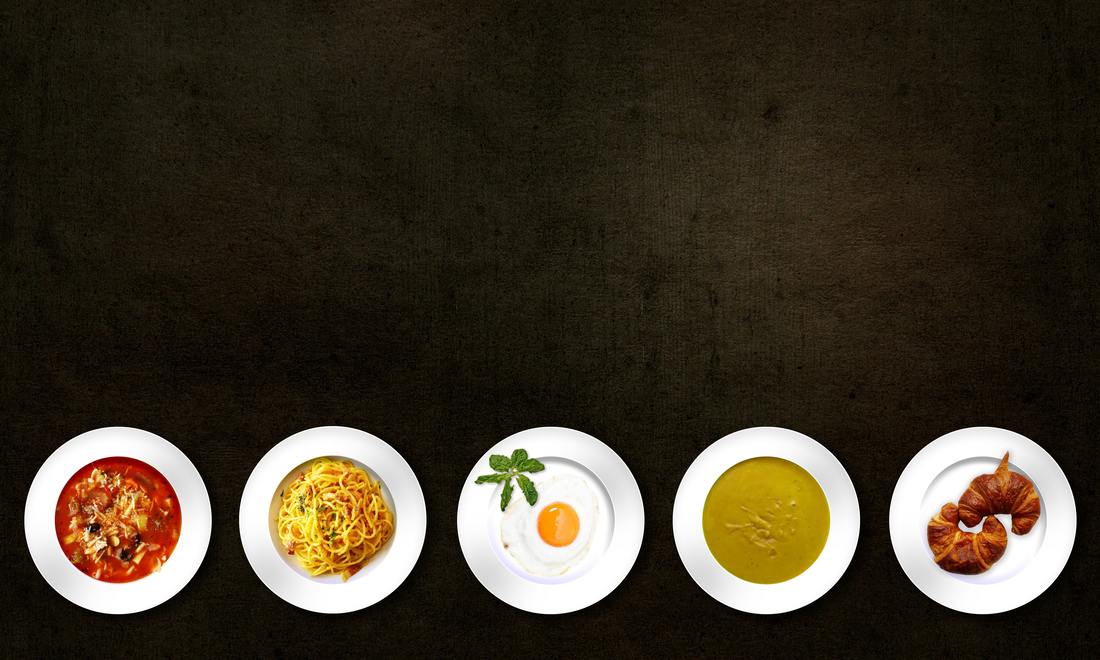We struggle with eating healthily, obesity, and access to good nutrition for everyone. But we have a great opportunity to get on the right side of this battle by beginning to think differently about the way that we eat and the way that we approach food. Nutrition is one of the key components of a healthy lifestyle: it reduces the risk of several diseases, decreases high blood pressure, lowers high cholesterol, improves your resistance to illness and your ability to recover from injury, and also contributes to the achievement or maintenance of a healthy body fat percentage. For years, magazines have been selling us meal frequency as a fundamental ingredient in the recipe for successful healthy eating, along with what and how much we consume.
If it is so crucial, then we should know the perfect meal frequency, right? Well, not exactly. I googled “How many times a day should I eat?” and got 768,000,000 results in 0.71 seconds. A health guru recommends three larger meals and two or three snacks, another advocates for intermittent fasting, a third urges to eat when you’re hungry and stop when you’re full. Trying to figure out who’s right and who’s wrong is just going to give you a headache. So, before you pop that Aspirin in your glass, let’s find out if meal frequency is actually worth so much attention.
18 Comments
|
Nikias TomasielloWelcome to my blog. I’m an online fitness coach with a passion for bodybuilding, fantasy, and bread. Want to work with me? Check out my services!Archives
May 2024
Tags
All
|
Follow me on social media |
Get in touch |
© 2018-2023 Veronica Tomasiello, known as Nikias Tomasiello – All rights reserved


 RSS Feed
RSS Feed